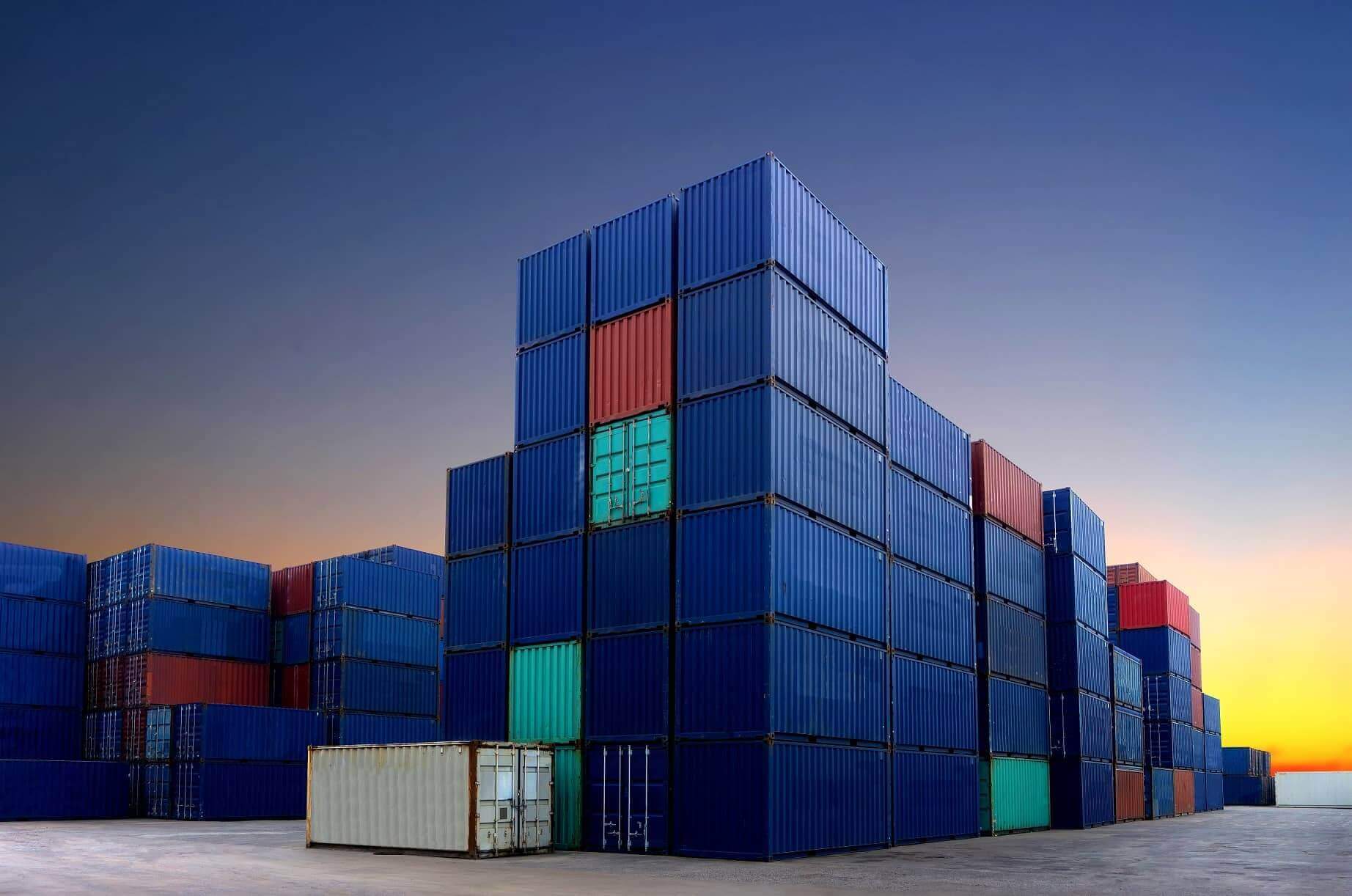Exporting goods from the UK to Nigeria can be a profitable business opportunity, given Nigeria’s large consumer base and growing demand for imported products. However, the process involves several steps, from understanding regulations to choosing the right shipping method. Below is a detailed guide to help you get started, ensuring your goods arrive safely, on time, and in compliance with all laws.
1. Understand Export Regulations
Before you ship anything from the UK to Nigeria, you must understand the export regulations in both countries. In the UK, you’ll need to comply with the UK government’s export laws, which include obtaining the right licenses for certain goods such as chemicals, medicines, and agricultural products. On the Nigerian side, the Nigeria Customs Service (NCS) enforces import rules, meaning some products require import permits or specific certifications. Taking the time to research and confirm the legality of your goods helps you avoid costly penalties or shipment delays.
2. Choose the Right Goods for Export
Not all products sell well in Nigeria. Popular exports from the UK to Nigeria include industrial machinery, electronics, automotive parts, beauty products, and clothing. Before making any shipment, study the Nigerian market to understand consumer demand and trends. Identify items that are high in demand but short in local supply; this ensures that your products will sell quickly and profitably once they arrive.
Read More: Top 10 Items You Can Safely Ship via Express from the UK to Nigeria
3. Register Your Business and Obtain Necessary Documentation
To legally export goods, you need to have your business properly registered in the UK. Additionally, if you’re shipping as a business rather than an individual, you must obtain an Economic Operator Registration and Identification (EORI) number from HMRC. For the Nigerian side, your buyer or partner will likely need to have a Tax Identification Number (TIN) and register with the Corporate Affairs Commission (CAC) if the goods are for resale. Having the right documentation speeds up customs clearance.
4. Select a Reliable Freight Forwarder or Shipping Company
A freight forwarder acts as a middleman between you and the shipping line, ensuring your goods are transported efficiently. Choosing a trusted freight forwarder who has experience with UK–Nigeria shipments can save you time, money, and stress. They can handle everything from paperwork to customs clearance and recommend the best shipping method depending on your product type, volume, and delivery deadline.
5. Decide Between Air Freight and Sea Freight
When exporting from the UK to Nigeria, you generally have two shipping options: air freight or sea freight. Air freight is faster, making it ideal for urgent deliveries or perishable goods, but it is also more expensive. Sea freight, on the other hand, is more affordable and suitable for large or heavy shipments, but delivery can take several weeks. Your choice will depend on your budget, shipment size, and urgency.
6. Package Your Goods Properly
Proper packaging ensures your products arrive in Nigeria without damage. You should use strong, durable materials that can withstand long-distance transport and rough handling. For fragile items, consider bubble wrap, foam padding, or wooden crates. You should also clearly label your packages with product details, destination, and handling instructions to avoid confusion during shipping.
7. Prepare the Commercial Invoice and Other Documents
Documentation is key in the export process. The commercial invoice should include details such as the buyer’s and seller’s information, product descriptions, quantities, unit prices, and total value. Additional documents may include the bill of lading, packing list, export license, and certificate of origin. Missing or incorrect documents can result in customs delays, extra charges, or shipment rejection.
8. Clear Customs in Both Countries
Your goods must pass through customs clearance in both the UK and Nigeria. This process involves the inspection of your documents and sometimes a physical examination of your cargo. In Nigeria, customs duties and taxes will apply based on the product category, and the importer will usually handle these payments. A good freight forwarder can streamline this process to avoid unnecessary delays.
9. Arrange Last-Mile Delivery in Nigeria
Once your goods arrive at a Nigerian port or airport, they need to be transported to the final delivery location. This could be a warehouse, retail store, or your buyer’s address. Depending on the nature of your goods, you may need specialized trucks, cold storage vehicles, or extra security for valuable shipments. Planning last-mile delivery ahead of time ensures your goods reach the customer quickly and in good condition.
10. Build Strong Relationships with Nigerian Buyers or Partners
Long-term success in exporting relies on trust and relationships. Work closely with your Nigerian buyers, distributors, or agents to understand their needs, provide good customer service, and maintain a consistent supply. Building a strong network helps secure repeat orders and increases your chances of expanding your market share in Nigeria.
Frequently Asked Questions (FAQ)
Q1: Do I need an export license to ship goods from the UK to Nigeria?
Not all goods require an export license, but certain products—such as medical supplies, chemicals, and restricted items—do. Always check with UK export authorities before shipping.
Q2: How long does it take to ship goods from the UK to Nigeria?
Air freight typically takes 3–7 days, while sea freight can take 3–6 weeks, depending on the port and shipping schedule.
Q3: What is the cheapest way to send goods from the UK to Nigeria?
Sea freight is usually the most affordable for large or heavy shipments, although it takes longer than air freight.
Q4: Can I export goods as an individual, not a company?
Yes, but you still need to provide the necessary documents and comply with customs regulations in both countries.
Q5: What are the common challenges when exporting to Nigeria?
Some challenges include customs delays, fluctuating exchange rates, and ensuring goods match local demand. Working with experienced logistics partners helps mitigate these risks.








